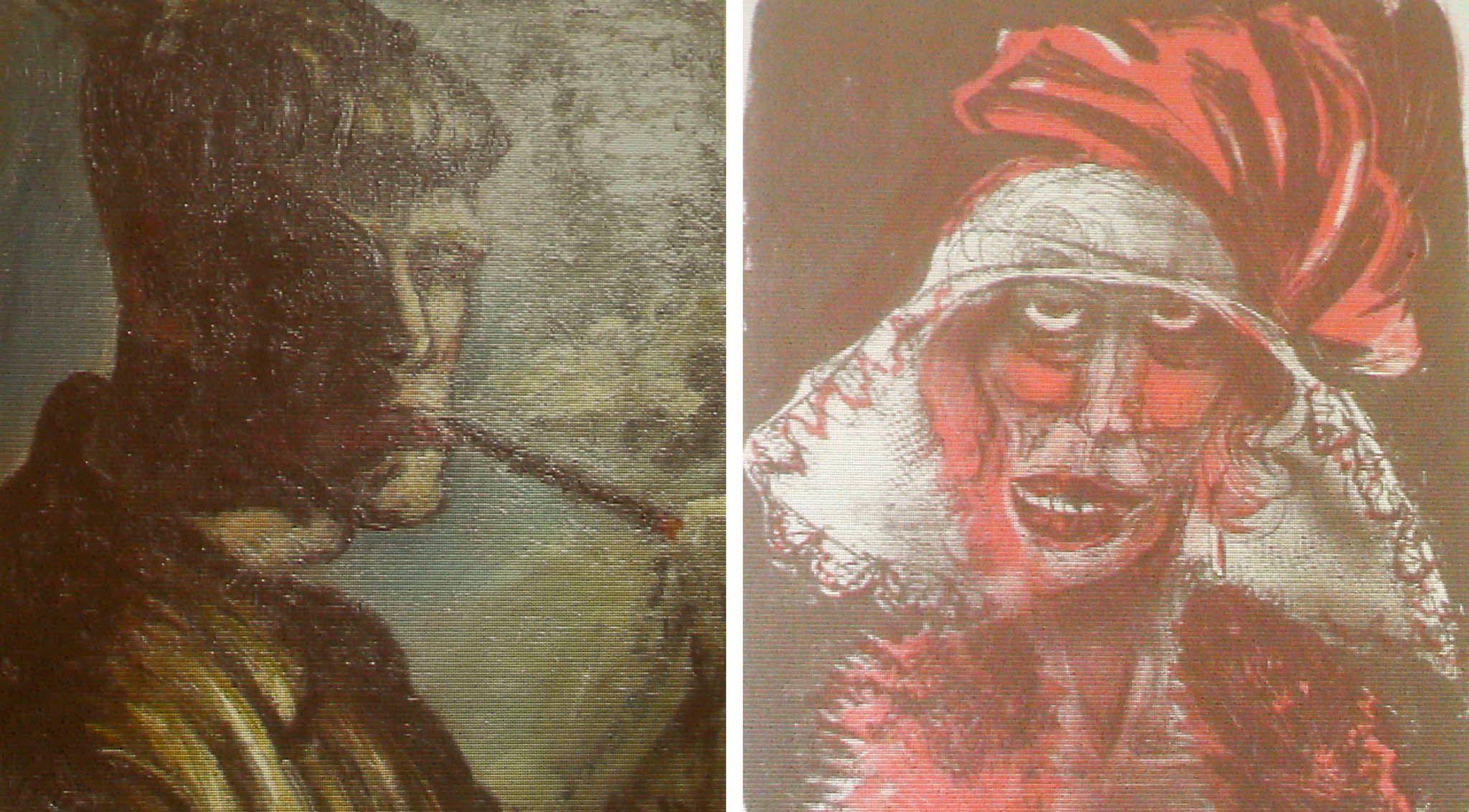German collector who hid the €1bn Munich ‘Nazi’ art haul says he wants to keep ‘his pictures’
Elusive Cornelius Gurlitt tells a German magazine he hid the paintings out of ‘love’

Your support helps us to tell the story
From reproductive rights to climate change to Big Tech, The Independent is on the ground when the story is developing. Whether it's investigating the financials of Elon Musk's pro-Trump PAC or producing our latest documentary, 'The A Word', which shines a light on the American women fighting for reproductive rights, we know how important it is to parse out the facts from the messaging.
At such a critical moment in US history, we need reporters on the ground. Your donation allows us to keep sending journalists to speak to both sides of the story.
The Independent is trusted by Americans across the entire political spectrum. And unlike many other quality news outlets, we choose not to lock Americans out of our reporting and analysis with paywalls. We believe quality journalism should be available to everyone, paid for by those who can afford it.
Your support makes all the difference.The owner of the Munich art haul that may have been stolen by the Nazis has finally spoken out – and said that he wants the paintings back.
Two weeks ago the German authorities revealed that they had seized more than 1,400 items, including work by Pablo Picasso and Henry Matisse, worth more than €1 billion (£840 million).
Yet in an interview with the German magazine Der Spiegel, collector Cornelius Gurlitt said he kept the paintings, drawings and prints hidden because he “loved” them, and denied that any were taken from private collectors.
In his first extensive comments on the case since it was made public, Mr Gurlitt said the collection had been compiled by his late father and that its loss had been more painful to him than a death in the family ever had.
“Everybody needs something to love,” he told Der Spiegel. “And I loved nothing more in life than my pictures.”
Officials are investigating whether Gurlitt may have “misappropriated” the pictures or committed tax offenses in connection with them. However, a spokesman for the prosecutors handling the case said last week that Germany's 30-year statute of limitations may prove to be a stumbling block.
Mr Gurlitt’s father Hildebrand Gurlitt died in 1956, and his wife Helene died in 1967. Officials were unaware of their son's huge collection until a chance customs check three years ago led them to the Munich apartment.
Authorities in Bavaria and Berlin kept the find secret for more than a year and a half. But since the case was revealed by the German magazine Focus two weeks ago they have come under pressure to find a solution that will prevent legal obstacles from standing in the way of rightful claims to the art — particularly if Holocaust survivors or heirs of those persecuted by the Nazis are involved.
Mr Gurlitt said that he won't just hand over the art. “I won't talk to them, and I'm not giving anything back voluntarily, no, no,” he is quoted as saying.
The magazine described Mr Gurlitt as being in ill health because of a heart condition, yet fiercely denying any wrongdoing by himself or his father, whose own Jewish heritage put him in a precarious position when dealing with the Nazis.
The heirs of several Jewish collectors have already come forward to claim some of the 1,406 works that have now come to light, saying the pictures were taken from their relatives by force, or sold under duress.
“It's possible that my father was once offered something from a private collection,” Mr Gurlitt said. “But he would definitely not have taken it.”
Join our commenting forum
Join thought-provoking conversations, follow other Independent readers and see their replies
Comments